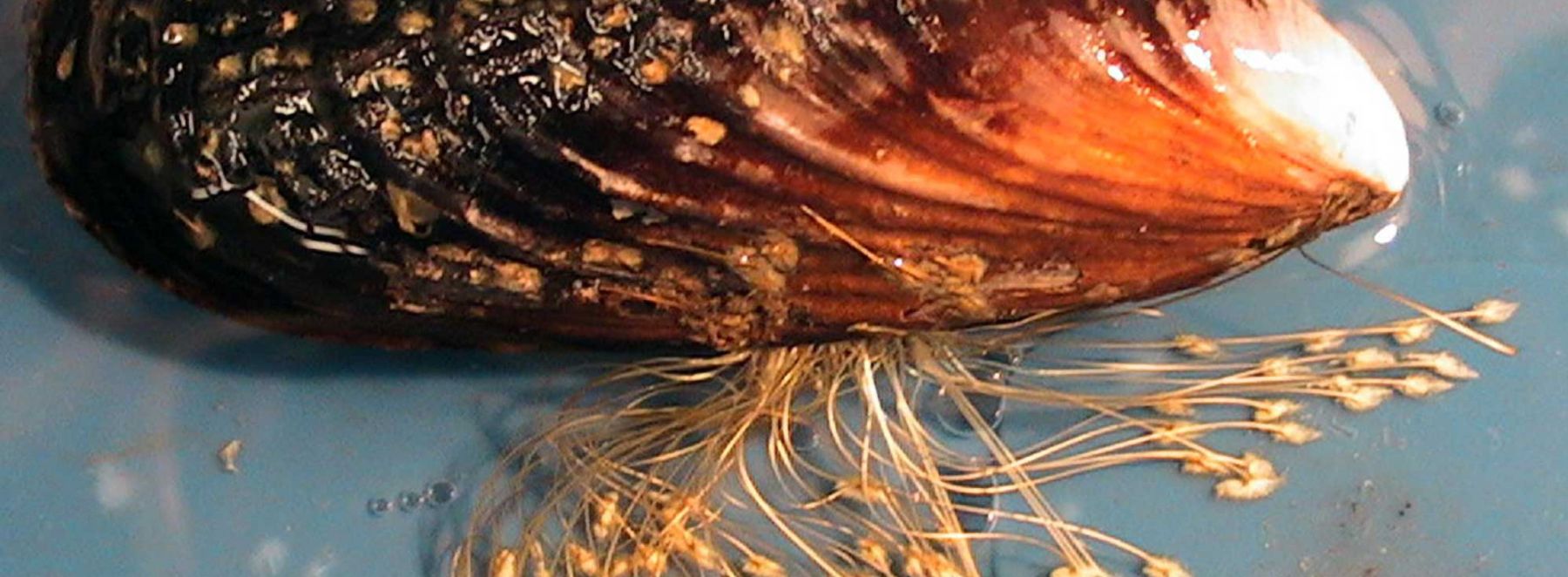A common concern for the life and composition of the cell brings biologists and chemists together in the field of biochemistry-molecular biology. The vast and complex array of chemical reactions occurring in living matter and the chemical composition of the cell are the primary concerns of the biochemist. Life processes occurring at the molecular level, including the storage and transfer of genetic information and the interactions between cells and the viruses that infect them, are the investigatory concerns of the molecular biologist.
The Major
Biochemistry and molecular biology are sub-disciplines within the larger, more general area of biological sciences. The study of biochemistry and molecular biology requires that students be genuinely interested and able to perform successfully in the "quantitative" sciences and that they have acquired a solid foundation in biology, chemistry, mathematics, and physics in their high school or community college careers.
Students planning to major in biochemistry-molecular biology enter as a biological sciences premajor and take a common core curriculum consisting of introductory biology, general chemistry, physics, organic chemistry, a full year of calculus and an additional mathematics course, preferably differential equations. Students should complete this preparatory work in their freshman and sophomore years. Following successful completion of seven of these courses, students may advance from biology premajor to full major status. The Biochemistry-Molecular Biology major requires completion of 48 upper-division quarter units, including coursework in biochemistry, physical chemistry, general and molecular genetics, plus electives. Students should review the full requirement sheet for the major and plan their schedules accordingly.
Throughout the Biochemistry-Molecular Biology program, students encounter and work with the sophisticated techniques and equipment that allow them to penetrate what one scientist refers to as "the boundaries between what we know and what we do not know, between our current understanding and what we are seeking to understand." At UCSB, students learn not only in the classroom, but also in the laboratory. There they actively engage in research with faculty and routinely interact with graduate students and postdoctoral research fellows. A continuing series of seminars conducted by outside researchers, as well as seminars on advanced topics conducted by department faculty, supplement the curriculum.
Careers in Biochemistry-Molecular Biology
The Biochemistry-Molecular Biology major is excellent preparation for graduate study leading to the master's and Ph.D. degrees in most of the biological sciences. Biochemistry-Molecular Biology students gain entry into graduate programs in major universities without needing to make up deficits in either course work or understanding.
Students interested in research careers can take advantage of the department's many exciting laboratory experiences in areas such as recombinant DNA, immunology, pharmacology and medical microbiology. These laboratories, along with the biochemistry laboratory, help students prepare for a variety of laboratory-related positions with major universities, government research institutions, and private firms which specialize in pharmaceuticals, biotechnology, and biomedical diagnostics.
The Biochemistry-Molecular Biology major is also excellent preparation for medical, dental, pharmacy, or veterinary schools where an understanding of biology at the molecular level is fundamental. Students interested in the health sciences and related professions can take advantage of the University's excellent health science advisory system located in Cheadle Hall. They can seek advice and support from the beginning of their studies in biology to their entrance into health sciences graduate programs and professional schools.
Students interested in teaching biological sciences or conducting research at the university should plan to complete a Ph.D. degree. Students interested in teaching at the community college level should pursue graduate work at least through the master's degree. Teaching at the junior high or high school (secondary) level requires the California single subject teaching credential. Students considering this last option should discuss their plans with the credential advisor in UCSB's Graduate School of Education early in their academic careers.
High School Preparation
Recommended as part of or in addition to the UC admission requirements:
- One year of biology
- One year of chemistry
- Mathematics through trigonometry
- One year of physics
Transfer Preparation
To make normal progress in the major, complete the following courses prior to transferring to UCSB:
- One year sequence of general chemistry with laboratory
- One year sequence of general biology with laboratory
- Two terms of calculus and either a third term of calculus or one term of statistics
- One year sequence of organic chemistry with laboratory
- One year sequence of physics with laboratory
Please see the UCSB General Catalog or your high school or community college counselor for more information on course preparation.
Additional Information
For further information please consult one of the biology undergraduate academic advisors.
FAQs
- How many upper division biology courses should I take per quarter?
-
We recommend taking two upper division biology courses per quarter (assuming 8.0 units per quarter) and, if possible, fulfilling area specific requirements first starting one's Junior/3rd year. This will give you the required 48.0 units required for most of our majors. For more detailed recommendations for the MCDB majors please go to: Resource Documents: Recommended Schedule - MCDB majors.
